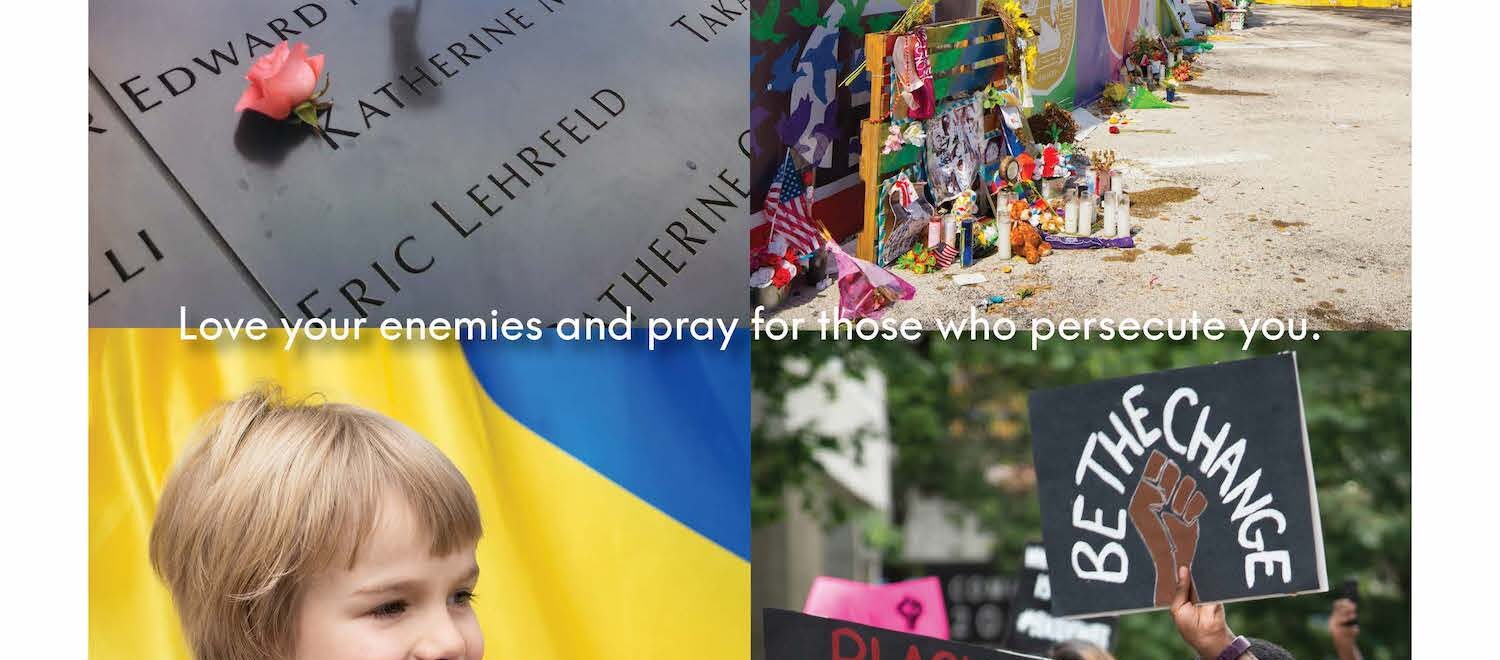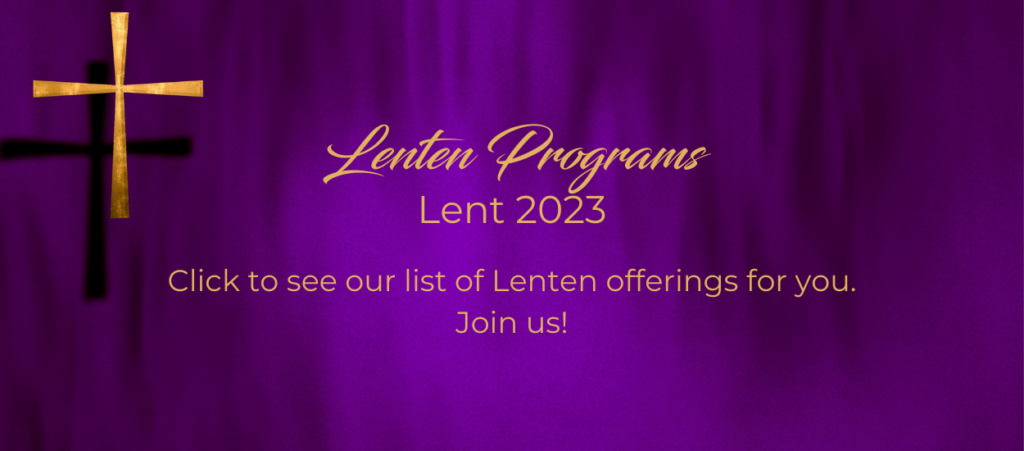
Dear Parishioners and Friends,
One of the downsides of writing this weekly message is that I have to finish it and submit it early in the week, so it’s never completely up-to-date. Such has been the case the past week when my cold turned out to be Covid after all. My symptoms worsened during the week, even though my first two tests were negative. On Thursday morning, February 9th, I tested again and it was positive. Thus began several days of quarantine. Oh joy!
Apart from the fatigue, congestion, coughing and temperature spikes, the strangest part of the Covid experience was the loss of taste and smell. Even though the friars brought me meals several times a day and left them outside my door, I couldn’t enjoy them very much (was it the lack of company or my lack of taste?). Fortunately, my sense of taste has started to come back, and it’s nice to taste my mint Oreos again. I’m very grateful that my confreres took such good care of me, albeit from a safe distance.
One of the hidden blessings of Covid has been the opportunity to get a fair amount of reading done. I finally managed to finish Bishop Robert Barron’s book, Light from Light: A Theological Reflection on the Nicene Creed. After that I started his latest offering: The Great Story of Israel: Election, Freedom, Holiness. Bishop Barron has a real talent for taking complicated theological subjects and explaining them with clarity and precision. I recommend these books for your spiritual enrichment.
Another little quarantine activity I’ve enjoyed is my daily Bach Cantata. Several weeks ago I treated myself to a post-Christmas gift of the musical scores of the entire sacred choral works of Johann Sebastian Bach, including some 200 cantatas. An important part of the Sunday Lutheran worship service in Bach’s time in the early to mid 18th century was the performance of a cantata – a work for small orchestra, choir and soloists based on a hymn text or the day’s Scripture readings. Lasting about 20-25 minutes, each cantata was intended to be a source of inspiration or reflection for the congregation. I have listened to close to 40 cantatas so far, using a German-English translation, a commentary on the music, the score, and a recording. What incredible music! To think that Bach composed, copied, rehearsed and performed these works on a weekly basis is hard to believe. YouTube is a perfect place to explore some of these great works of music. I recommend the cantata performances by Netherlands Bach Society or J.S. Bach Foundation.
Perhaps this period of quarantine has taught me something else. When the Covid pandemic first began back in the Spring of 2020 and the world virtually shut down, I experienced it as something of a retreat. It was a time for a bit of introspection and contemplation. Back then, it was also a time of fear and anxiety over the unknown. Today, thanks to vaccines, Covid is not nearly as fearsome, but it still wields its power over us. For one thing, I appreciate better the ongoing precautions we need to take if we want to stay healthy.
But I ‘ve also viewed my quarantine as a moment of kairos. The ancient Greeks had two words for “time” – chronos and kairos. Chronos is linear time: minutes, hours, days, weeks, etc. Kairos, on the other hand, has to do with significant moments, opportunities, memories. “Didn’t we have a great time last summer?” is a kairos moment. As we enter the season of Lent this week, I suggest that we approach it as a kairos moment. In fact, the last line of the second reading from St. Paul on Ash Wednesday says: “Behold, now is a very acceptable time; behold, now is the day of salvation.” The word Paul uses for “time” is kairos. Lent is a time of quarantine, as it were. We need to separate ourselves a bit from that which can distract us from what is really important and to focus more keenly on the essentials: our life with God and how we make room for God in our daily lives.
Have a blessed Lent – may it be kairos for you!
Fr. Tim Shreenan, O.F.M.Pastor


